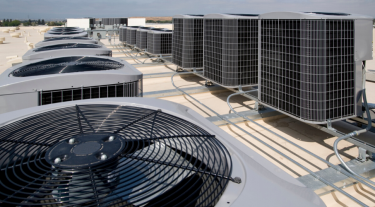Publication date: February 2015
The world’s expanding population and the growing middle class in emerging markets, is rapidly pushing up the demand for cooling. From buildings and supermarkets to data centres and medicine, the provision of cold is a vital foundation of modern society. By 2030 global power demand for cooling could grow by the equivalent of three times the current electricity capacity of the UK. At the same time, however, vast amounts of cold are wasted, for example during the re-gasification of LNG at import terminals, which could potentially be recycled to reduce the cost and environmental impact of cooling in both buildings and vehicles.
This insight has stimulated new thinking aimed at creating business and environmental value from the efficient integration of cold into the wider energy system, the “Cold Economy”.
UK energy policy has until now been focused on transport, electricity and heat, little time has been spent on addressing the importance of cold. However, cooling consumes up to 14% of UK electricity, and the combined annual cost of electric and transport cooling in the UK is more than £5 billion. To turn this from a cost to the UK, to an opportunity, a full assessment of the potential of the Cold Economy needs to be carried out.
Within the ‘The Emerging Cold Economy’ report, the Carbon Trust highlights the need for planning and investment to focus on three key areas: research and development; manufacturing; and skills.
- Research to support the accelerated delivery of novel cold technologies across industry, buildings and transport.
- Advanced cold manufacturing to deliver cost-effective new cold products in volume to market both at home and abroad – creating UK manufacturing leadership.
- Apprenticeship and training that complements the innovation pipeline, meeting the manufacturing assembly, integration and after sales needs in a timely fashion


